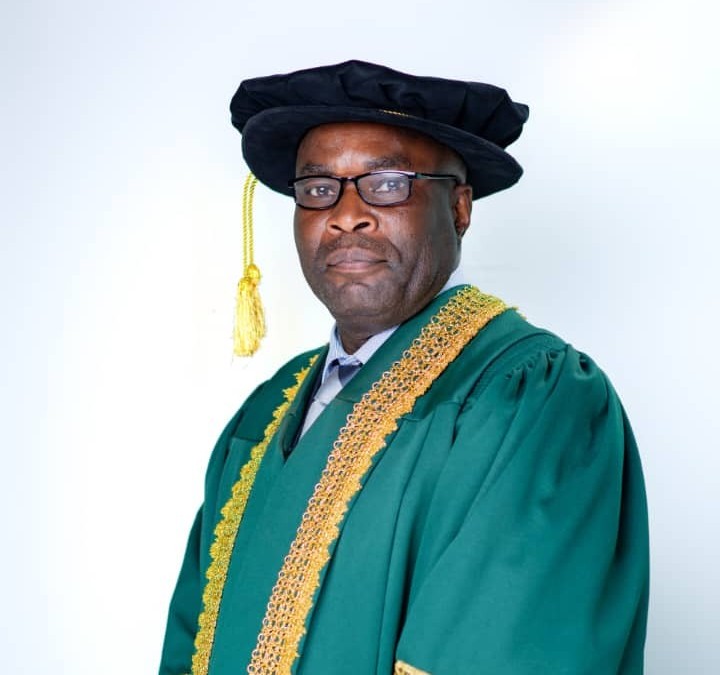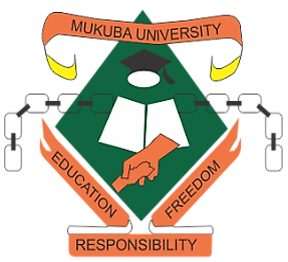
Dr Kwaleyela Kwaleyela
ACTING DEAN SCHOOL OF EDUCATION
PROFILE
Kwaleyela Kwaleyela (PhD) is a highly qualified lecturer having over 10 years of expertise teaching undergraduate and postgraduate students about physics, specifically Quantum Mechanics. Knowledgeable in a variety of educational approaches that best support a student’s entire experience. A dedicated academician who is passionate about improving an institution’s educational standing. Proven facilitator of effective and rigorous teaching approaches, as well as the capacity to satisfy the social and emotional needs of a varied learner population cooperatively.
He has spent most of his lecturing years, mainly at Mukuba University in Kitwe on the Copperbelt Province. Before then, he taught at Kambule Technical Secondary School; Holy Cross Girls Secondary School and Kanyonyo Basic School, all in Mongu District of Western Province.
He completed his undergraduate in Physics Education at the University of Zambia in Lusaka, and then pursued to do his Masters and PhD in Physics Education at the Copperbelt University in Kitwe, Zambia.
His PhD thesis, titled “Teaching and Learning of Quantum Mechanics, in Selected Universities in Southern Africa” was conducted under The Copperbelt University, Kitwe, Zambia.
A highly trained academician in Competence Based Education
His full affiliation details are as follows; Kwaleyela Kwaleyela; Mukuba University, Kitwe; E-mail address: kkwaleyela02@yahoo.com
ABOUT THE SCHOOL OF EDUCATION
The School of Education prepares students for careers in the field of education. Whether as a teacher, school counselor, or school administrator, students earning a Bachelor of Education can move forward in a rewarding career. Students pursuing a Bachelor of Education have many options to choose from in specialization areas, such as education and public policy, child development, organizational management, early childhood education, or teaching English as a second language, to name a few.
Curriculum for a Bachelor of Education degree will provide the skills and knowledge necessary to prepare students to be successful and innovative professionals in the field of education through coursework and application of theory and methods in student teaching. Students also have the flexibility of full-time, part-time, or online programs to earn a Bachelor of Education degree. Knowing how people learn and how to teach them are important skills that translate across many career fields. The ability to effectively train others is likely to remain in high demand across a myriad of industries. Differentiating instruction depending on the student’s learning style is a skill that trained teachers can provide.
DEPARTMENTS
PROGRAMMES
- To enable teachers of STEM subjects to make a positive difference in their learners,
- To have a good command of the various STEM subject matter,
- To experience an enabling learning environment with learning resources and more experienced lecturers,
- To develop positive attitudes towards teaching of science subjects,
- To develop self- confidence in teachers of science,
- To develop proper ways of improvisation of science teaching and learning facilities and situations,
- To instil proper attitudes towards STEM national development.
- Shortage of Science Teachers; Zambia is desperately in need of qualified science teachers, so, jobs for science teaching are readily available.
- Job stability; The chances of being employed, as a stable worker in the government are higher.
- Influencing the next generation; You have a say in impacting the next generation of scientists in your field of study.
- Science teaching is a positive and challenging profession; Teaching science is a challenging occupation with dynamic careers.
- High school teaching,
- Candidates for Graduate studies,
- SDF at universities,
- Teaching in private schools and colleges,
- Astrophysicists,
- Data scientists.
